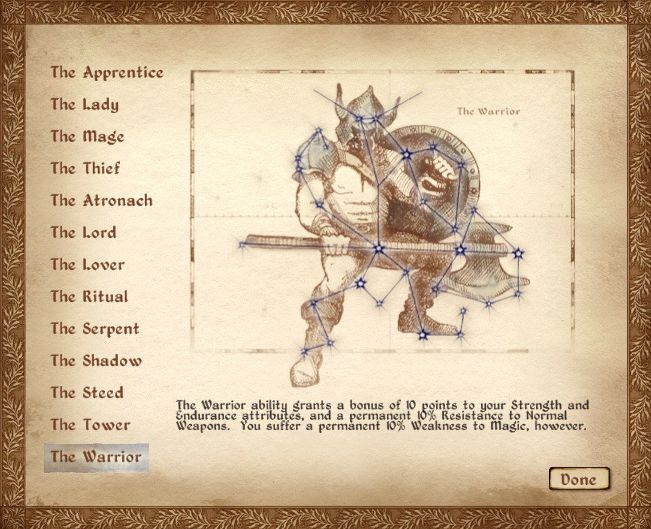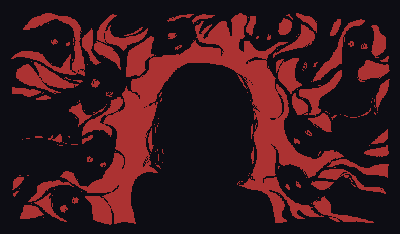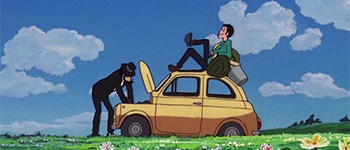@vasipi4946 As a physicist by training, astrology is one of my favorite sciences (and geocentrism one of my favorite theories, after QFT). Its basis is the principle that what happens in the sky, with the stars, planets, and whatnot, affects what happens on the earth—and as David Lindberg says in his The Beginnings of Western Science (the book to read to learn the early history of science), this is eminently sensible and scientific due to one overwhelming example: the sun. Life on earth is practically governed by the sun, as well as things like clouds and rain; the tides are caused by the sun and the moon. if you don't know what's going on with any of these, why shouldn't you come up with a philosophy in which human personalities, traits, and behaviors are affected by the sky? Sure, you can't do experiments on stars, because you can't get up there, but that doesn't mean someone trying to do science can't or shouldn't think about them. (Note that we can't get to the stars either.) Thus there was no difference in the ultimate sense between astronomy and astrology in ancient times. But all the same, even back then there were debates as to the usefulness of things like astrological signs in determining human behavior—because philosophers could tell that people weren't strictly determined by what planets were in which constellation when they were born. This didn't at all destroy the more foundational astrological principle of the sky affecting the earth.
rian2 said:lmao im about to make sense of ur post (didnt read the rest of the thread it looked bad) in terms of society of the spectacle and the collapse of cyclical time into pseudicyclical time.
then it makes sense, how do we understand the past signifiers of the cyclical nature once we no longer experience time as such??
@rian2 I don't think Debord's pseudo-cyclical time is all that relevant, other than that capitalism both rewrote our sense of temporality in life and repurposed things like astrology. Remember that the pseudo-cyclicality is how the worker experiences time, having been divorced from participation in history—so that the average consumer of present horoscope-centric astrology does experience time as cyclic. It seems like you're just saying the relationship between how we treated ideas about time in the past and how we treat them now reminded you of Society of the Spectacle. Which, sure.
Anyway, using horoscopes to predict your day, or your life, is indeed dumb. Note, however, that there is nothing wrong intrinsically with being amused by such and taking it as any other information that impinges on your life; it's just that it's not particularly worth pursuing such things in astrology. Many of us use the news for this purpose, though I don't think it's much better. I like to interpret the day via whatever anime I'm watching. |











